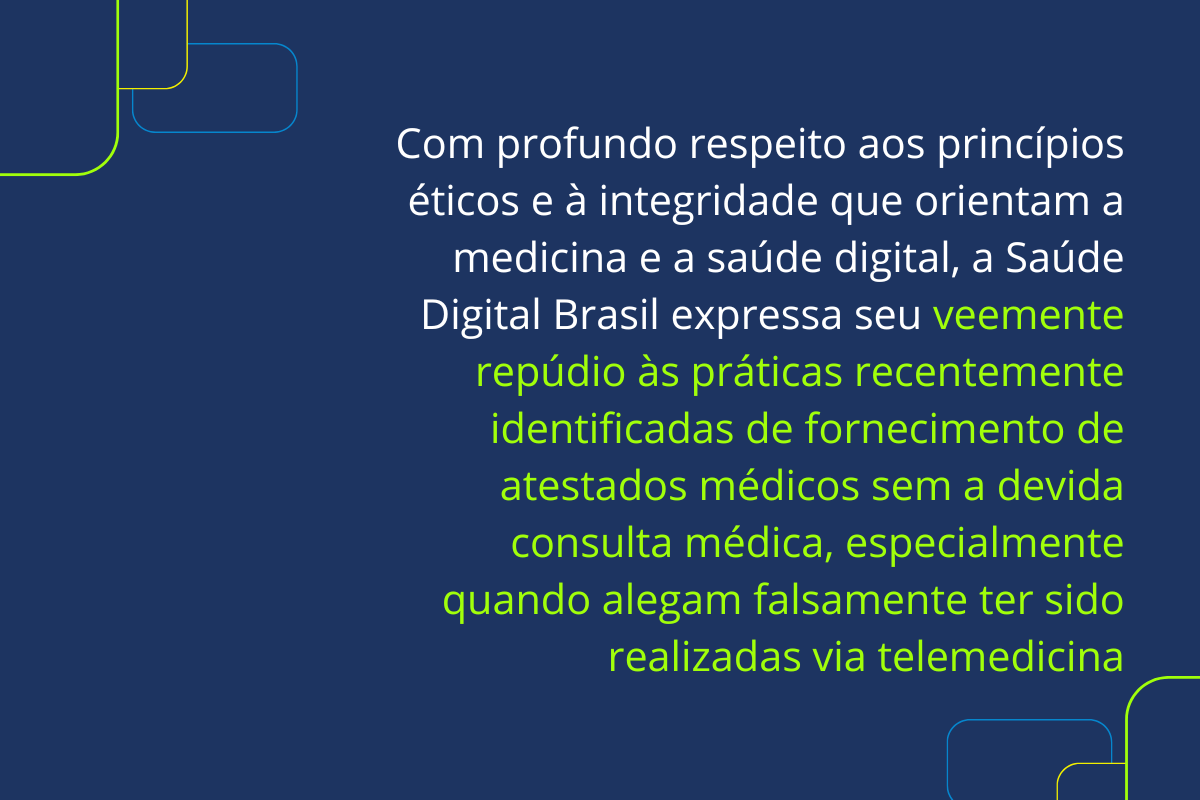Initiative will increase from 225 to 537 virtual ICU beds across the country; 80% will be dedicated to public health units
Sao Paulo, September 6, 2022 — Einstein will expand its supply of virtual Intensive Care Unit (ICU) beds throughout the country by 2023. The organization will increase its current capacity from 225 beds to 537 beds next year. Of these, more than 80% (450 in total) will be dedicated to public health units.
The TeleUTI initiative involves holding daily virtual meetings between Einstein teams and the unit served to discuss cases of patients admitted to ICUs in public and private hospitals in different regions of Brazil.
For Dr. Adriano José Pereira, medical coordinator of TeleUTI at Einstein, intensive care units have made significant progress, but investment is still needed so that this type of structure is better distributed throughout the country and reaches more distant places, where access to specialized professionals is still limited.
“It is essential that we carry out research that confirms the real role of TeleUTI in practice, measuring its cost-effectiveness and its potential to change the strategy for caring for critically ill patients in the country,” he comments.
The TeleICU model was used even before the COVID-19 pandemic at Einstein. In 2015, the hospital was already providing its first virtual care services in the private network. The first project in the public network was started years later, in 2019, through the Institutional Development Support Program of the Unified Health System (PROADI-SUS), in partnership with the Ministry of Health.
Virtual bed care is based on a three-pronged knowledge base consisting of the following pillars: a specialist physician, responsible for contributing to the construction of care plans and the establishment of clinical goals for each patient, with the support of the local multidisciplinary team; practice management, with sharing of routines and care protocols, the intention of which is to reduce the variability of care, support decision-making and standardize processes, adding quality and safety at the bedside; and management of unit indicators, which aims to promote continuous improvement and evolution of care performance for all patients.
“TeleUTI contributes to reducing inequalities in the allocation and distribution of resources, being a powerful lever for transforming the quality and safety of care for critically ill patients on a large scale in the country”, comments Dr. Leonardo Rolim Ferraz, leader of the Einstein Network for Critical Patients and director of the M'Boi Mirim Municipal Hospital – Dr. Moysés Deutsch, managed by the organization.
In 2021, Einstein carried out 20,000 virtual visits, which resulted in the absorption of new medical procedures and protocols, improved care and continuous improvement of indicators, flows, processes and outcomes for critically ill patients admitted to public and private ICUs in Brazil.





